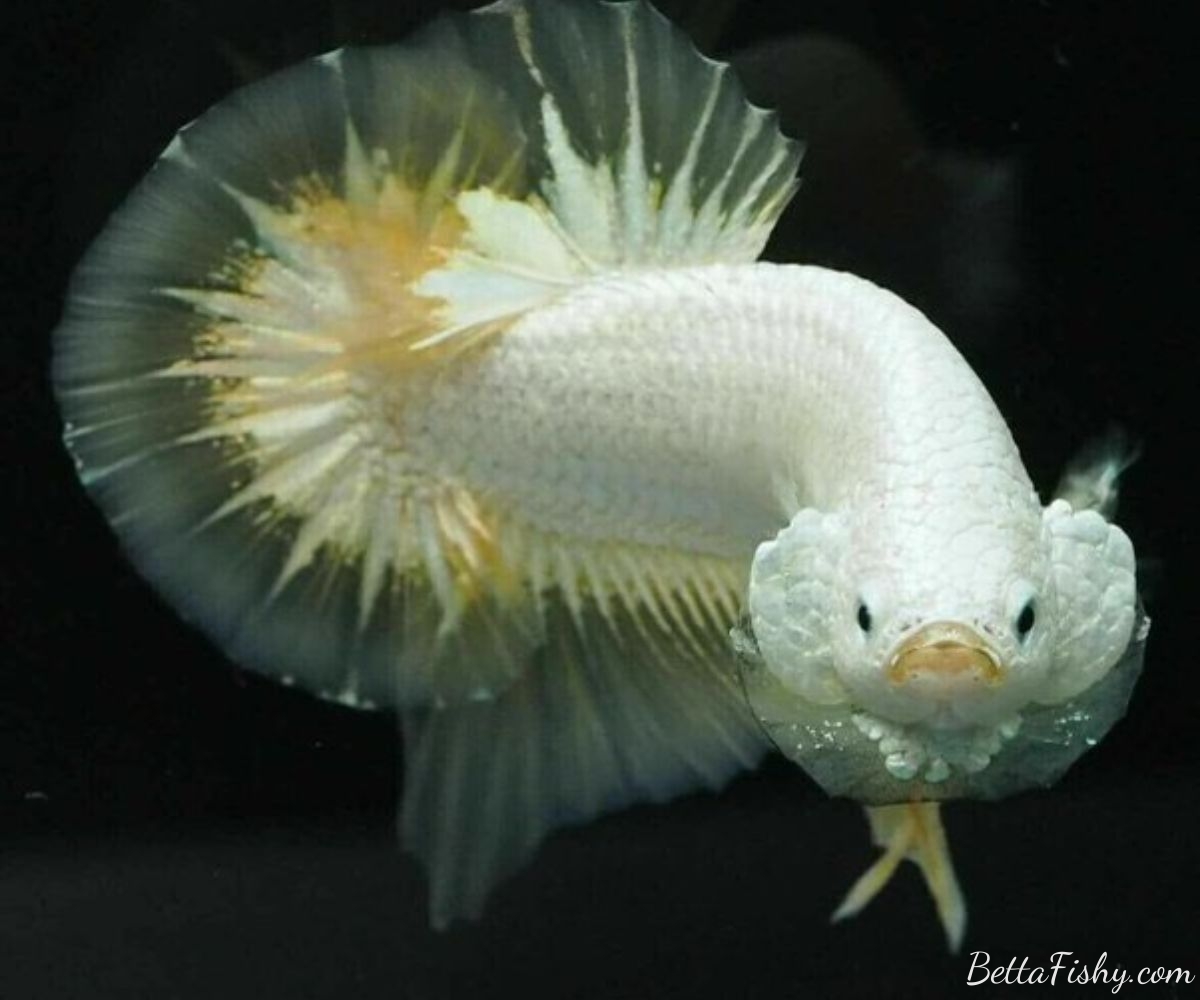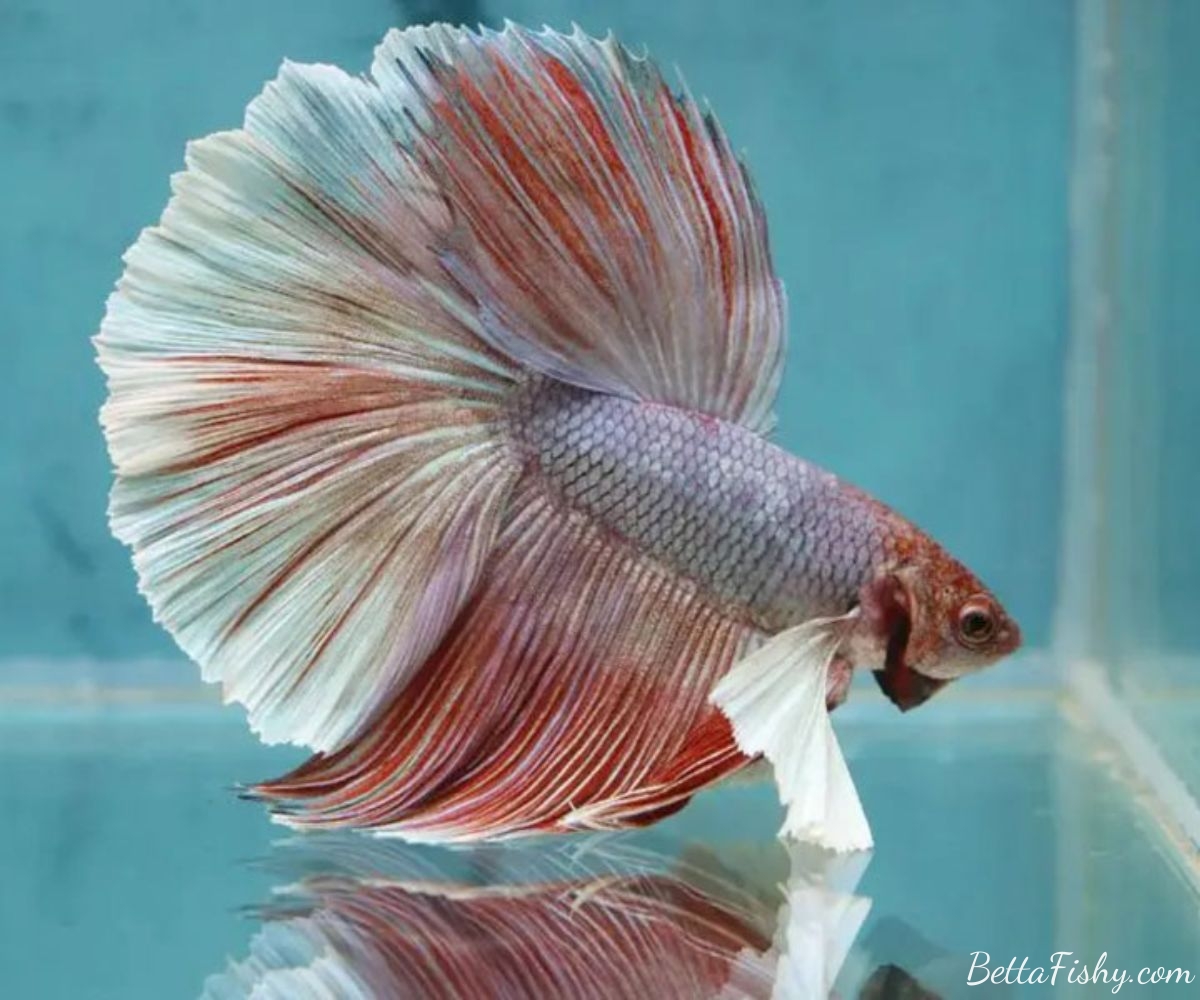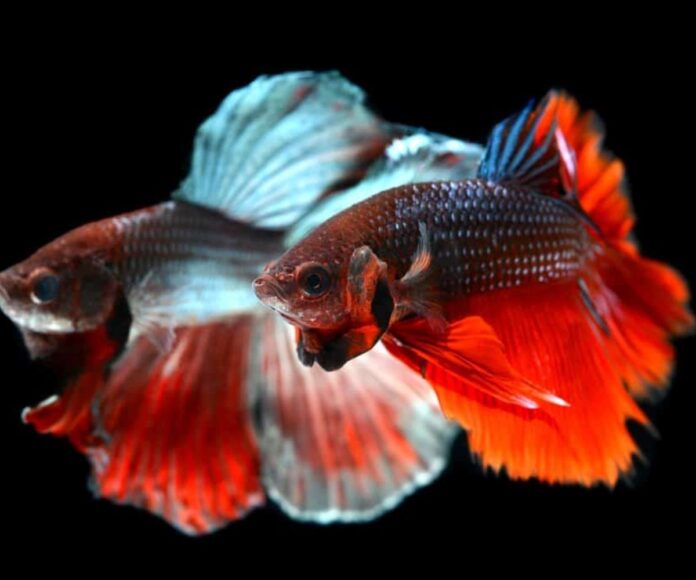Betta fish, also known as Siamese fighting fish, have captured the hearts of many aquatic pet enthusiasts with their vibrant colors, flowing fins, and distinct personalities. However, these graceful creatures can sometimes exhibit puzzling behaviors, such as why is my betta fish flaring its gills at me? As a betta fish owner, it can be concerning to see your finned friend flaring its gills at you. But fear not, understanding why your betta fish is displaying this behavior can help you create a harmonious and stress-free environment for your pet. In this article, we will delve into the natural instincts of betta fish, possible reasons for flaring behavior, and tips to prevent or minimize it. So, let’s dive in!
Understanding the Natural Instincts of Betta Fish

Betta fish have evolved in Southeast Asia’s shallow, slow-moving waters, where they are constantly exposed to potential predators and rivals. As a result, these territorial fish have developed a natural instinct to flare their gills as a defense mechanism against perceived threats. Flaring is an instinctive response aimed at making themselves appear larger and more intimidating to potential predators or rivals. This behavior is more commonly seen in male betta fish, who are particularly aggressive towards other males.
The Science Behind Flaring
Flaring is a physical response that involves the expansion of the betta fish’s gill covers, creating a fan-like shape. This action allows the fish to take in more oxygen, preparing them for a fight or flight response. Additionally, when betta fish flare, their body color intensifies, making them appear more prominent and dominant. This display of strength and aggression is a way for betta fish to establish their territory and ward off potential threats.
Why Is My Betta Fish Flaring Its Gills At Me? Possible Reasons
While flaring is a natural behavior, there are several reasons why your betta fish might specifically be flaring its gills at you. Understanding these reasons can help you address the issue and create a more comfortable environment for your pet.
Feeling Threatened

Betta fish are territorial by nature and may perceive your presence as a threat to their space. Sudden movements, loud noises, or even your reflection in the aquarium glass can trigger a flaring response. This behavior is more common in new betta fish that are still adjusting to their surroundings. As they become more comfortable and familiar with their environment, the flaring behavior should decrease.
Reflection or Mirror Effect

Betta fish are known to flare at their own reflection, mistaking it for another fish. This behavior is more common in males, who are particularly territorial and aggressive towards other males. If your betta fish is constantly flaring at its reflection, consider covering the sides of the aquarium with a dark background or placing plants and decorations to break up the reflection. This will help reduce the stress and aggression caused by the mirror effect.
Unfamiliar Environment or Changes in Surroundings
Betta fish are sensitive creatures and can become stressed if there are sudden changes in their environment. This includes changes in water temperature, pH levels, or even the addition of new tank mates. These changes can cause your betta fish to feel threatened and result in flaring behavior. It is essential to maintain a stable and suitable environment for your betta fish to prevent unnecessary stress and aggression.
Tips to Prevent or Minimize Betta Fish Flaring Behavior
As a responsible betta fish owner, it is crucial to provide a calm and stress-free environment for your pet. Here are some tips to help prevent or minimize flaring behavior in your betta fish:
- Create a Calm and Stress-Free Environment: Betta fish thrive in a peaceful and quiet environment. Avoid placing their tank near high-traffic areas or sources of loud noises, such as TVs or speakers. Additionally, ensure that the water temperature and pH levels are suitable for your betta fish’s needs.
- Avoid Sudden Movements or Loud Noises: As mentioned earlier, sudden movements or loud noises can startle and stress out your betta fish, causing them to flare their gills. Be mindful of your actions around the aquarium and try to move slowly and quietly.
- Provide Hiding Spots and Visual Barriers for Privacy: In the wild, betta fish have access to hiding spots and visual barriers to retreat to when they feel threatened. You can recreate this in your aquarium by adding plants, decorations, or even a small cave for your betta fish to hide in. This will give them a sense of security and privacy, reducing the need to flare.
Recognizing Abnormal Flaring Behavior in Betta Fish
While flaring is a natural behavior for betta fish, there are instances where it can be a cause for concern. If you notice any of the following abnormal flaring behaviors, it is essential to take action and address the issue:
- Constant Flaring: If your betta fish is constantly flaring its gills, even in the absence of any perceived threats, it could be a sign of stress or illness. Monitor your betta fish closely and make any necessary changes to their environment.
- Aggressive Flaring: Flaring is a form of aggression in betta fish, but if it becomes excessive and leads to physical harm, it is a cause for concern. Separate any aggressive betta fish from other tank mates to prevent injuries.
- Lethargic Flaring: If your betta fish is flaring its gills while remaining still and lethargic, it could be a sign of illness. Observe your betta fish for any other symptoms and consult a veterinarian if necessary.
Conclusion
In the captivating world of aquatic pets, betta fish stand out with their vibrant colors, flowing fins, and distinct personalities. As responsible pet owners, it is our duty to understand and cater to their natural instincts and needs. Flaring, which often manifests as raised gills and extended fins, is a natural behavior for betta fish. It’s their way of asserting dominance, defending their territory, or even expressing excitement. However, it can also be a sign of stress or illness. Seeing your betta flare its gills at you might understandably raise the question: “Why is my betta fish flaring its gills at me?”
By creating a calm and stress-free environment, providing hiding spots and visual barriers like tall plants, and being mindful of changes in their surroundings like introducing new tank mates or loud noises, we can prevent or minimize flaring behavior in our betta fish. Remember, a healthy and happy betta fish, with relaxed fins and clear gills, is a result of understanding and care. If you’re still concerned about your betta’s flaring, consulting a fish veterinarian can provide further insights and ensure your finned friend thrives.


